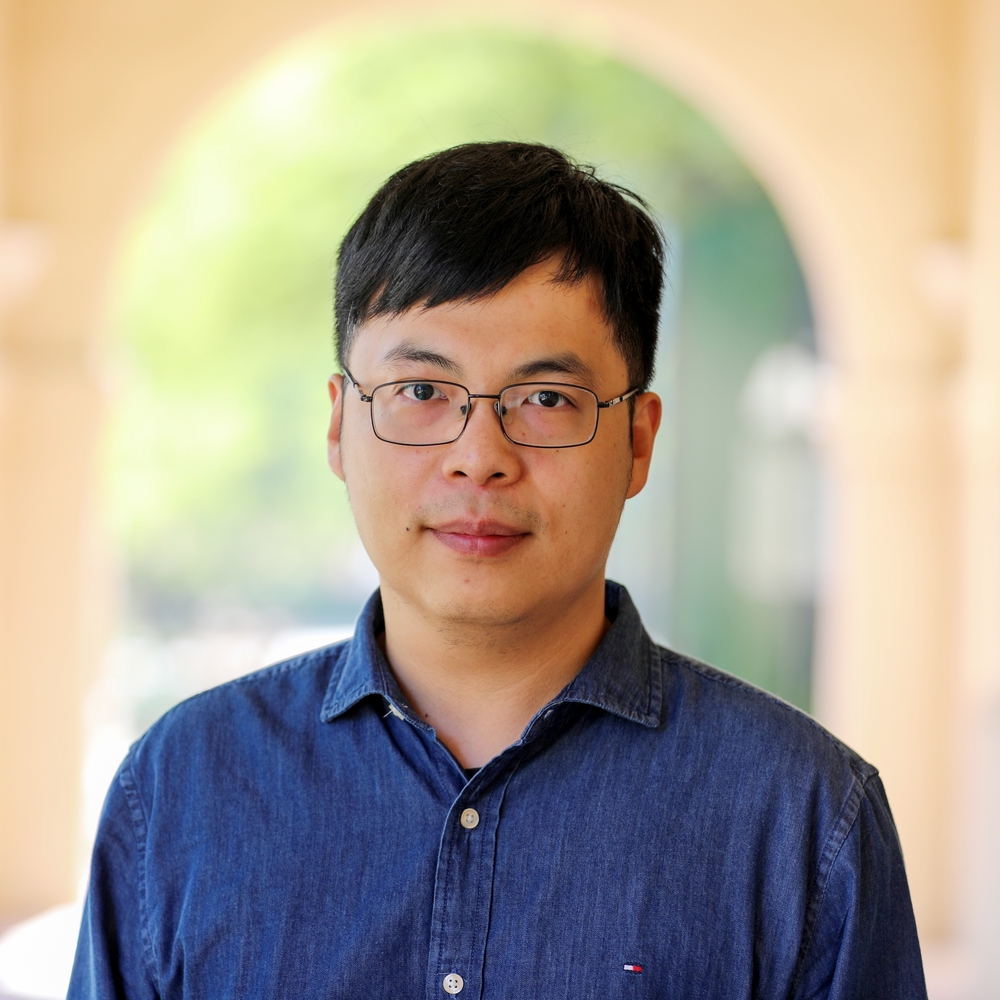Abstract
We present a series of experiments that demonstrate a super-sensitive chemical imaging technique based on multiphoton frequency-domain fluorescence lifetime imaging microscopy (MPM-FD-FLIM) that shows a 2× improvement in imaging speed compared to the theoretical limit of conventional MPM-FD-FLIM. Additionally, this technique produces unprecedented sensitivity over a large range of fluorescence lifetimes. These results are achieved through simple modifications to data analysis in a conventional MPM-FD-FLIM microscope and are based on an analytical model describing the signal-to-noise ratio (SNR) of a MPM-FD-FLIM system [J. Opt. Soc. Am. A 33, B1 (2016)]. Here we experimentally validate this model.
Publication
Optics Express, vol. 24, no. 18, pp. 20862-20867

Assistant Professor of ECEE and BME
I am an Assistant Professor of Electrical, Computer & Energy Engineering (ECEE) and Biomedical Engineering (BME) at the University of Colorado Boulder (CU Boulder). My long-term research goal is to pioneer optical imaging technologies that surpass current limits in speed, accuracy, and accessibility, advancing translational research. With a foundation in electrical engineering, particularly in biomedical imaging and optics, my PhD work at the University of Notre Dame focused on advancing multiphoton fluorescence lifetime imaging microscopy and super-resolution microscopy, significantly reducing image generation time and cost. I developed an analog signal processing method that enables real-time streaming of fluorescence intensity and lifetime data, and created the first Poisson-Gaussian denoising dataset to benchmark image denoising algorithms for high-quality, real-time applications in biomedical research. As a postdoc at the California Institute of Technology (Caltech), my research expanded to include pioneering photoacoustic imaging techniques, enabling noninvasive and rapid imaging of hemodynamics in humans. In the realm of quantum imaging, I developed innovative techniques utilizing spatial and polarization entangled photon pairs, overcoming challenges such as poor signal-to-noise ratios and low resolvable pixel counts. Additionally, I advanced ultrafast imaging methods for visualizing passive current flows in myelinated axons and electromagnetic pulses in dielectrics. My research is currently funded by the National Institutes of Health (NIH) K99/R00 Pathway to Independence Award.